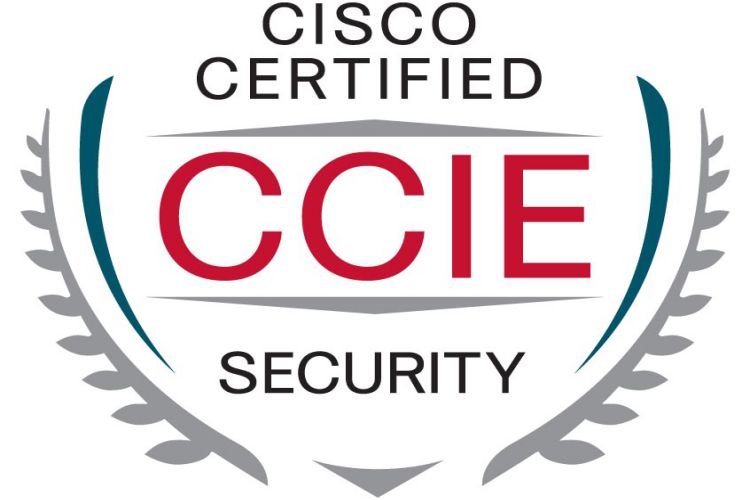 The CCIE Security certification focuses on several key areas of network security, including network infrastructure security, threat detection and mitigation, endpoint protection, and access control. Candidates must have a strong understanding of network security technologies, such as firewalls, intrusion prevention systems (IPS), virtual private networks (VPN), and advanced malware protection (AMP).
The CCIE Security certification focuses on several key areas of network security, including network infrastructure security, threat detection and mitigation, endpoint protection, and access control. Candidates must have a strong understanding of network security technologies, such as firewalls, intrusion prevention systems (IPS), virtual private networks (VPN), and advanced malware protection (AMP).
Candidates must complete a challenging exam in order to obtain the CCIE Security certification that evaluates their knowledge of network security principles and technologies. The exam is divided into two parts: a written exam and a hands-on lab exam. Get more information from official source.
there are two ways that individuals can stay ahead in the field of cybersecurity:
- Continuous Learning: The cybersecurity landscape is constantly evolving, and new threats are emerging every day. To stay ahead of the latest cybersecurity threats, professionals should engage in continuous learning. This can involve attending conferences, taking courses, and reading up on the latest cybersecurity trends and best practices. Staying up-to-date on the latest cybersecurity threats and technologies ensures that professionals have the skills and knowledge necessary to protect against them.
- Practical Experience: In addition to continuous learning, practical experience is also essential for staying ahead in the field of cybersecurity. Professionals should seek out opportunities to work on complex network security solutions and gain hands-on experience with the latest cybersecurity technologies. Practical experience allows professionals to develop their problem-solving and critical-thinking skills, which are essential for designing and implementing effective security solutions. Additionally, working with the latest cybersecurity technologies helps professionals stay up-to-date on the latest trends and best practices.
To prepare for this Security certification, candidates should have extensive experience working with network security technologies and should be familiar with the latest cybersecurity threats and trends. They should also have experience designing and implementing complex network security solutions and be able to troubleshoot and optimize these solutions to ensure they meet performance requirements just try this out.
Table of Contents
Cybersecurity
The CCIE Security certification is highly respected in the cybersecurity industry and is recognized as a validation of an individual’s advanced security skills. CCIE Security certified professionals are in high demand and are often sought after by organizations that require the protection of sensitive data and information.
The cybersecurity landscape is constantly evolving, and new threats are emerging every day. This certification ensures that professionals are up-to-date on the latest cybersecurity threats and have the skills and knowledge necessary to protect against them. This certification helps professionals stay ahead of the curve and ensures that they are equipped to handle the latest cybersecurity challenges.
Conclusion
In conclusion, the CCIE Security certification is an advanced-level certification that validates the skills and knowledge of experienced security professionals. This certification focuses on several key areas of network security, including network infrastructure security, threat detection and mitigation, endpoint protection, and access control. To earn this certification, candidates must pass a rigorous exam that evaluates their knowledge of network security principles and technologies. CCIE Security certified professionals are in high demand and are recognized as experts in the field of network security. This certification ensures that professionals are up-to-date on the latest cybersecurity threats and have the skills and knowledge necessary to protect against them. This Security certification is a valuable credential for security professionals who are responsible for protecting enterprise-level networks against the latest cybersecurity threats.






